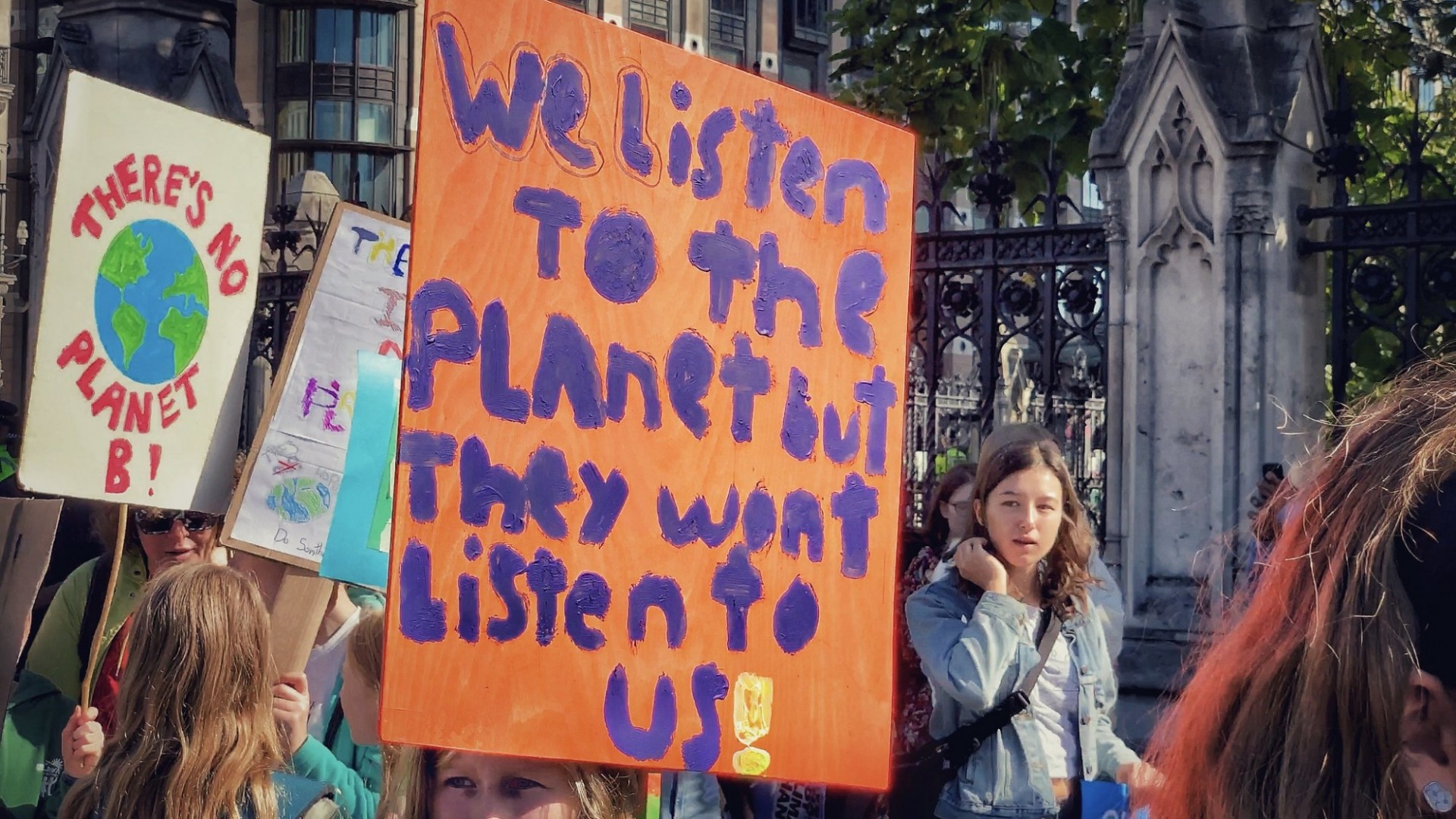Covid-19 Can Help Us Prepare for Climate Change
What lessons can we glean from a global pandemic to combat the planetary climate crisis?

C+S 2020 students are blogging about topics that interest them for Applications in Climate and Society, a core spring class.
At the dawn of a new decade, very few people had quarantining and social isolation on their minds as a goal. However, four months into 2020 and billions of people worldwide are on lockdown in order to deal with the coronavirus pandemic. Covid-19 has forced us to collectively change our behavior in order to survive. Many have probably experienced a mix of emotions ranging from anger to anxiety to perhaps even existential dread. For those fighting the climate crisis, these feelings may unfortunately be all too familiar. What lessons can we glean from a global pandemic to combat the planetary climate crisis?
In general, humans are really bad at thinking about and preparing for the future. We tend to be concerned with our immediate, quotidian needs rather than long-term problems. It’s because we’re “ evolutionarily wired for taking care of the here and now,” according to Princeton behavioral scientist Elke Weber. This may have been one of the reasons (among others such as ineffective leadership that ignored expert opinion) why preventative measures against covid-19 were not taken until the virus was already affecting the U.S. Similarly, it may also explain why drastic climate actions have not yet occurred worldwide.
In 2018, the Intergovernmental Panel on Climate Change announced that the world had until 2030 to take dramatic action to keep planetary warming below 2.7°F, averting the worst impacts of climate change. Even though this is only 10 years away, our governments’ reaction has been quite unimpressive. Rather, emissions have only continued to increase. However, a Yale study showed that in 2019 “nearly six in ten Americans (58 percent)” were either alarmed or concerned about global warming. Likewise, a Pew Research Center study found that, by a 2-to-1 margin, Americans are more worried about state governments lifting restrictions on public activities too quickly, rather than not lifting them quickly enough. So, even though most Americans do not want to rush reopening of the country, President Trump is going against public health experts’ advice and calling for a quick reopening. Again, this is broadly similar to what’s happening with climate as the administration rolls back regulations rather than striving for more ambition to cut emissions. Low-income and vulnerable folks will be disproportionately affected by climate change; we have already seen this trend in regards to COVID-19.
The silver lining is that the past month has shown us just how quickly we can actually take action when we feel endangered. Many lives have been saved by practicing social distancing and quarantining, and many more could’ve been saved if governments acted sooner. That’s where the pesky exponential growth curve comes into play. A couple cases of coronavirus in New York City exploded into tens of thousands of cases in a few weeks. Likewise, while warming more than 2.7°F may sound like a mild rise in the global average temperature, its ramifications are vast and destructive including sea level rise, drought, species loss, food insecurity and heat-related morbidity. We cannot afford to wait until we feel endangered to take action.
Climate change is not new. As early as 1896, Svante Arrhenius warned about the negative effects of burning fossil fuels. However, because people didn’t immediately feel its effects, the world kept burning them. Even now, it is hard for us to detect and acknowledge the exponential growth of carbon dioxide in the atmosphere and the impact it is—and will continue to have—on the climate. Just as we have attempted to flatten the exponential curve of covid-19, we must also work to flatten climate change’s curve.
Covid-19 has shown us that it is indeed possible to take collective action for our own good and that of others. We are all abstaining from our normal lives in order to maximize the well-being of family, friends and fellow humans. When the imminent danger of covid-19 passes, I hope that we remember that we have just as imminent of a threat facing us. Climate change can only be tackled if we do it together.
